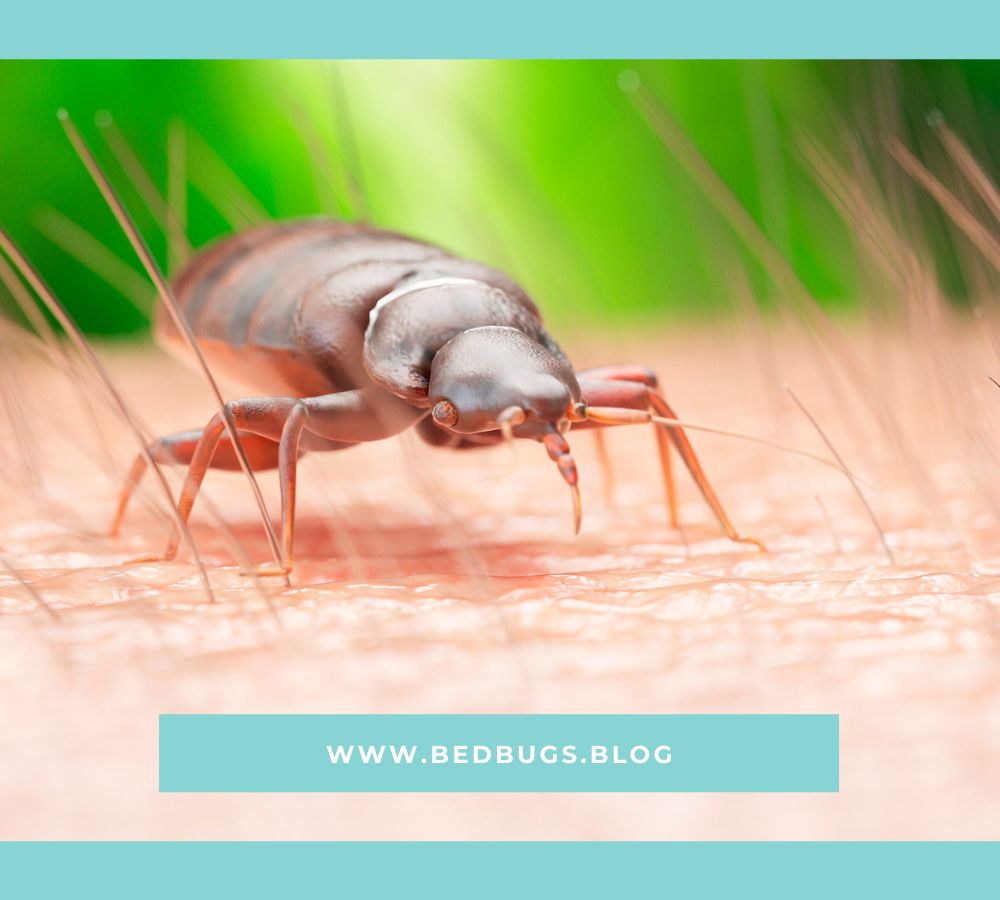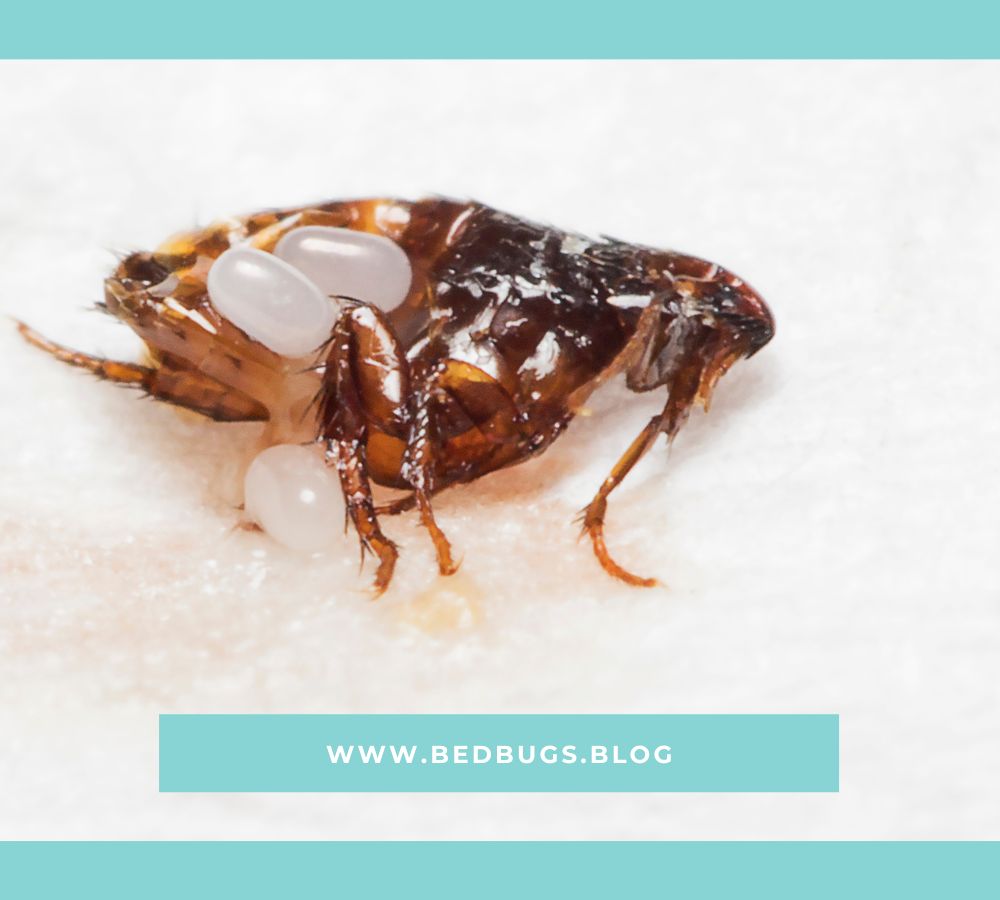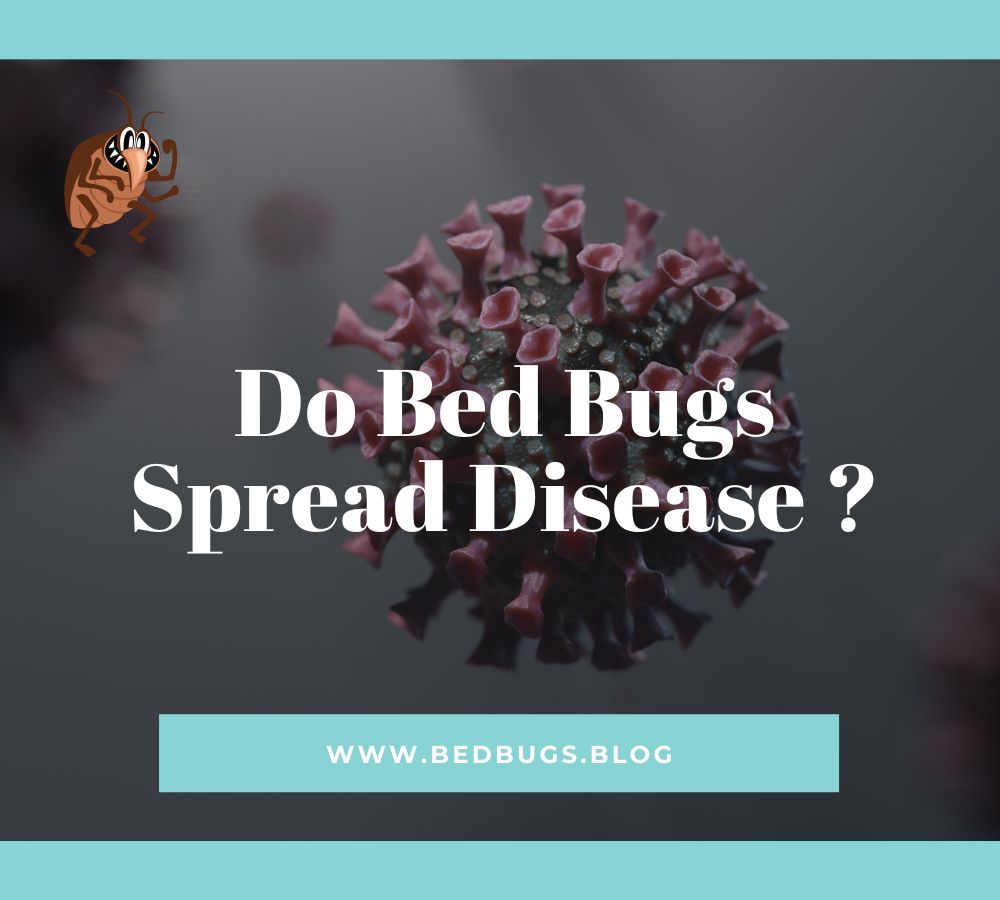If you’ve ever experienced the unsettling reality of bed bugs, you’ve likely found yourself asking one question: Do bed bugs spread disease? These tiny pests are more than just a nuisance they invade your personal space, disrupt your sleep, and leave you itching for answers. In this article, we’ll dive deep into the facts, separating fear from reality, so you can better understand the risks and take effective action to protect yourself and your loved ones
What Are Bed Bugs and Why Are They a Concern?
A Quick Introduction to Bed Bugs
Bed bugs are small, flat, reddish-brown insects that feed on the blood of humans and animals. Measuring about the size of an apple seed, these nocturnal pests hide in cracks, crevices, and mattresses, emerging at night to feast. They don’t fly or jump but are excellent crawlers, making it easy for them to hitch a ride on luggage, clothing, or furniture.
The Bed Bug Feeding Process
When bed bugs bite, they inject an anesthetic and anticoagulant into your skin, allowing them to feed without being detected. Bites often appear in clusters or straight lines, usually on exposed skin like your arms, neck, or legs. While their bites can be irritating, the bigger concern lies in the potential health risks they pose.
Do Bed Bugs Spread Disease?
What Science Says About Bed Bugs and Disease Transmission
The short answer: No, bed bugs do not spread diseases. Unlike mosquitoes or ticks, which are known vectors for illnesses like malaria or Lyme disease, bed bugs have not been proven to transmit infectious diseases to humans. Studies have shown that while bed bugs can carry pathogens on their bodies, they don’t spread these pathogens through their bites.
The Indirect Risks of Bed Bug Infestations
Although bed bugs don’t transmit diseases, their presence can lead to health complications:
- Allergic Reactions: Some individuals may experience severe itching, redness, or even anaphylaxis due to bed bug bites.
- Secondary Skin Infections: Scratching bites can break the skin, allowing bacteria to enter and cause infections like impetigo or cellulitis.
- Mental Health Issues: Living with a bed bug infestation can trigger anxiety, stress, and insomnia.

Comparing Bed Bugs to Other Pests
To better understand the risks, let’s compare bed bugs to other common pests in a simple table:
| Pest | Health Risks | Disease Transmission |
|---|---|---|
| Bed Bugs | Allergic reactions, secondary infections | No |
| Mosquitoes | Malaria, Dengue, Zika Virus | Yes |
| Ticks | Lyme Disease, Rocky Mountain Fever | Yes |
| Fleas | Itchy bites, tapeworm infections | Rare |
How Bed Bugs Can Impact Your Health Indirectly
Emotional and Psychological Toll
An infestation isn’t just a physical problem it can be emotionally draining. The constant worry of being bitten, coupled with the effort to eradicate them, can leave you feeling overwhelmed. Sleep deprivation caused by anxiety about bed bugs often exacerbates the problem.
Infections from Scratching
Scratching bed bug bites can break the skin, paving the way for bacterial infections. If you notice redness, swelling, or pus around a bite, seek medical attention promptly.
Allergic Reactions
While most people experience mild itching from bites, others may suffer from intense allergic reactions. Symptoms could include hives, swelling, or even difficulty breathing, which may require immediate medical intervention.
Preventing Bed Bug Infestations
How to Spot an Infestation Early
Early detection is key to minimizing the impact of a bed bug infestation. Keep an eye out for these signs:
- Bites on your skin: Small, red, itchy welts that often appear in clusters.
- Bloodstains on sheets: Tiny rust-colored spots caused by crushed bed bugs.
- Fecal spots: Dark, grainy dots on mattresses, furniture, or walls.
Tips to Keep Bed Bugs Out of Your Home
- Inspect Travel Accommodations: When staying at hotels, check the mattress seams and headboard for signs of bed bugs.
- Wash and Dry Clothing: After traveling, wash your clothes on high heat and dry them on the hottest setting.
- Be Cautious with Used Furniture: Examine second-hand furniture thoroughly before bringing it into your home.
Effective Treatment Options
- DIY Methods:
- Wash bedding and clothing in hot water.
- Use bed bug-proof mattress covers.
- Professional Help:
- Heat treatment: A chemical-free method that kills bed bugs at all life stages.
- Chemical treatment: Pesticides applied by professionals for thorough eradication.

Frequently Asked Questions About Bed Bugs and Diseases
1. Can Bed Bugs Transmit HIV or Hepatitis?
No. Studies have shown that bed bugs do not transmit bloodborne diseases like HIV or hepatitis.
2. Are Bed Bug Bites Harmful?
While the bites themselves aren’t harmful, they can cause discomfort, allergic reactions, or secondary infections.
3. Do Bed Bugs Carry Germs?
Bed bugs can harbor pathogens on their bodies, but they don’t transmit these to humans.
4. Can Bed Bugs Cause Long-Term Health Issues?
Most health effects from bed bugs are temporary, but psychological stress or severe allergic reactions could have lasting impacts.
Don’t Let Bed Bugs Take Over Your Life
Bed bugs may not spread diseases, but their presence can significantly impact your quality of life. By understanding the risks and taking proactive steps to prevent and manage infestations, you can protect your home and your health.
Act Now: If you suspect a bed bug problem, don’t wait. Share this information with others and contact a professional pest control service to address the issue before it escalates.
With the right knowledge and tools, you can regain control and keep your home bed bug-free.
